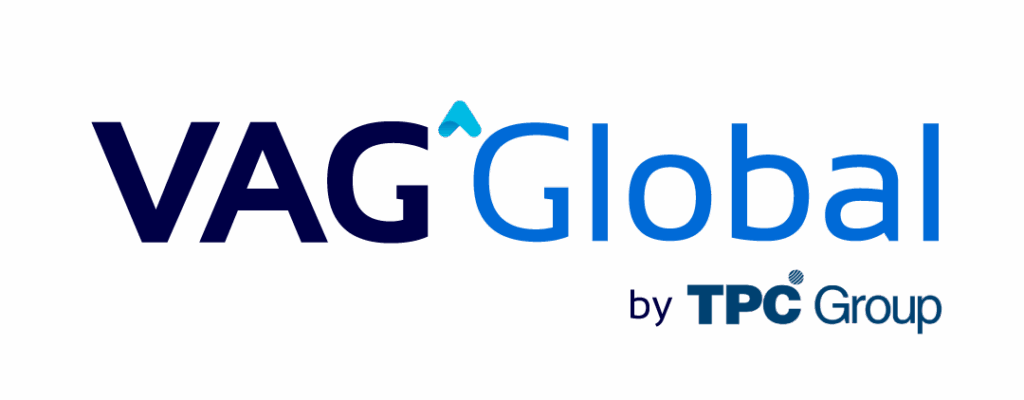IFRS 15, also known as “Revenue from Contracts with Customers,” is one of the most relevant international standards for companies aiming to comply with global accounting standards, which was issued by the International Accounting Standards Board (IASB) to unify and standardize revenue recognition, replacing the old IAS 11 and IAS 18. Its implementation has changed the way organizations record revenue, improving comparability and transparency in financial statements.
What Are IFRS 15 and Its Role?
IFRS 15 establishes a clear framework for identifying, measuring, and recognizing revenue from contracts with customers to ensure that financial statements accurately reflect:
- The nature of the revenue generated.
- The amount of revenue.
- The timing of revenue generation.
- Certainty about the associated cash flows.
This standard applies to nearly all entities, regardless of their industry, to eliminate inconsistencies in revenue recognition.
Five-step Revenue Recognition Model
IFRS 15 introduces a structured five-step model, explained below, to ensure proper revenue recognition:
1. Customer Contract Identification
The first step is to determine whether exists a valid contract that creates enforceable rights and obligations among the parties. The contract must meet criteria such as:
- Approval by both parties.
- Clear identification of the parties’ rights.
- Likelihood of the company receiving consideration.
2. Identification of Performance Obligations
It consists of identifying the promises of goods or services to be delivered to the customer. Each distinct promise is a performance obligation, which means that:
- An assessment is made to determine whether the goods or services are differentiable under the contract.
- The obligations that must be fulfilled before recognizing the income.
- It is analyzed to see if there is a dependency relationship among the performance obligations.
3. Transaction Pricing
The transaction price is the amount that the company expects to receive in exchange for fulfilling its performance obligations under the contract, which includes:
- Fixed consideration: Payments defined in the contract.
- Variable consideration: Bonuses, discounts, refunds, or conditional incentives.
- Effects of the time value of money: If the contract involves deferred payments, the impact of the present value must be considered.
- Non-monetary remuneration: In case the payments include goods or services instead of cash.
4. Transaction Price Allocation
Once the price has been determined, it is allocated to each performance obligation based on the stand-alone selling prices of the promised goods or services. This step involves:
- Use of reference prices or estimates.
- Application of proportionate allocation methods.
- Consideration of incentive-based adjustments or discounts.
5. Revenue Recognition
Revenue is recognized when (or as) the entity satisfies a performance obligation, i.e., when control of the good or service is transferred to the customer. It can be:
- At a specific moment: As in the sale of physical goods.
- Over time: In service contracts or construction projects.
Principal Industries Affected by IFRS 15
The implementation of IFRS 15 has had a significant impact on various industries, particularly those with complex contracts or variable income. Some of the most affected are:
- Construction: Due to long-term contracts and the need to assess progress toward meeting performance obligations, companies have had to modify their approach to recognizing revenue from projects in progress.
- Technology and software: Many companies offer software packages, licenses, and cloud services in a single contract, requiring detailed allocation of revenue by component.
- Telecommunications: The combination of mobile devices and services in a single plan necessitates disaggregation of revenue.
- In the manufacturing industry, phased deliveries or maintenance agreements, it is crucial to determine the exact moment when the performance obligation is fulfilled.
IFRS 15 Benefits
IFRS 15 brings multiple benefits to companies and users of financial statements. Firstly, it improves the transparency of accounting information, allowing stakeholders to understand a company’s income and profitability more clearly. This standardized accounting framework also promotes international comparability, making it easier for companies in different countries to present their income information uniformly, reducing discrepancies in the interpretation of financial statements.
Another key aspect is the greater financial control and forecasting provided by IFRS 15. By defining a structured model for revenue recognition, companies can manage and forecast their revenues more accurately, thereby improving their strategic planning. The standard also reduces subjectivity in revenue accounting, as it establishes clear rules that minimize the possibility of arbitrary or inconsistent interpretations.
Finally, the implementation of IFRS 15 enhances investor and regulator confidence, thereby improving the credibility of financial information and facilitating informed decision-making based on accurate and verifiable data.
IFRS 15 Challenges
The implementation of IFRS 15 has several challenges for companies. One of them is the reassessment of contracts, as it is necessary to review existing agreements to comply with the new revenue recognition criteria. Additionally, accounting personnel must be trained to adapt to the latest procedures, and, in many cases, accounting systems must be modified to comply with the standard.
Another challenge is the increased administrative burden, as more detailed documentation of revenues and contracts is required, which implies a greater effort in data collection and maintenance to ensure accuracy and compliance with disclosure requirements.
Conclusion
IFRS 15 is a fundamental standard that redefines the way companies recognize revenue, improving clarity and confidence in financial information. Its implementation requires effort and adaptation, but the benefits outweigh the challenges. If your organization has not yet adopted this standard or is looking to optimize its application, it is essential to seek specialized advice to ensure compliance with international standards.
